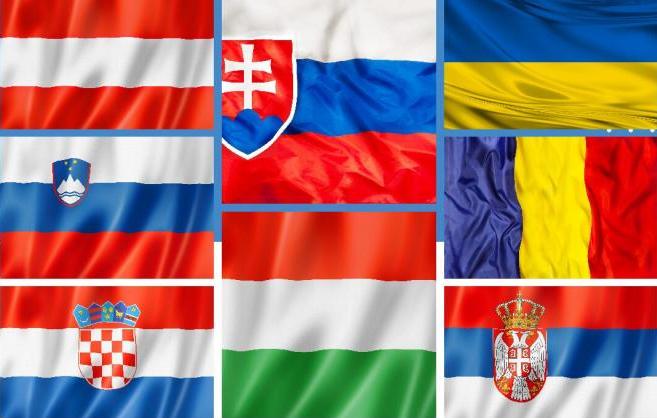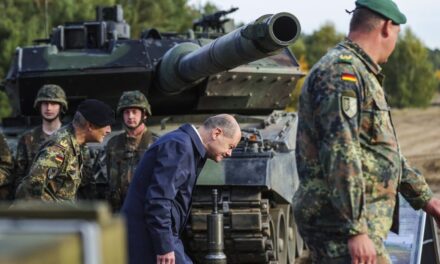In the West, the nation and the state were considered the same in the past and now, while in Central Europe, due to historical development, it was different. Western intellectuals know little about the history of the region. Joint commemoration days would help the formation of a common Central European identity, said Kiss.Gy.Csaba in Kossuth Rádió's Vasárnapi Újság.
The confrontation between Western and Central Europe does not benefit the European Union. For the sake of more successful cooperation, a volume entitled Central Europe with Hungarian eyes was created by Iván Bába, Iván Gyurcsík and Csaba Gy. Kiss, which the authors intended as a discussion paper to make the region more accessible to outside observers.
Modern nations in Western and Central Europe developed differently. In the case of the latter, the nation and the state did not always perfectly cover each other, said the historian. In the 19th century, when modern nations were formed in Europe, the Kingdom of Hungary was part of the Austro-Hungarian Monarchy.
In contrast, in the West, the nation and the state were and still are considered the same.
Due to historical peculiarities, a significant number of national minorities live in several countries of the Central and Eastern European region. According to the historian, they do not understand our national problems in Western Europe. The reason for this, in addition to the aforementioned differences in historical development, is that they do not know the history of the communist era.
Many believe that a kind of internationalism has been achieved. Communism did not freeze the issue of national minorities. The extent of the oppression of national minorities in Ceaușescu's Romania or Todor Zhivkov's Bulgaria is little known to Western political and opinion-forming intellectuals.
Among the positive examples of minorities in the West, he mentioned South Tyrol and the Finnish-Swedish coexistence, opposite to which the Catalan conflict is located, which is similar to the situation in Central Europe in many ways.
Central European identity
There is a Central European identity, but the consciousness of a common destiny has not yet developed strongly, despite the shared historical experiences. The region was hit by two totalitarian dictatorships of the 20th century.
"We have a similar way of thinking, our reflexes." It would be very important to build this common identity much better. In addition to strengthening scientific relations, knowledge of each other's language would also help, as well as memory policy.
"Memory politics is important because national identity cannot be built without common memory,"
he said.
In a broader, Central-Eastern European approach, common memorial sites and historical figures can be included in this. Such is St. Adalbert, a church leader of Czech origin who baptized and confirmed St. Stephen and became a martyr in Poland. But the 1956 revolution or the Polish events of 1980, which represented the struggle for freedom and democracy, belong to the common politics of memory.
Steps are being taken in the direction of developing a common memory policy that extends across countries. As important as the Hungarian-Polish friendship is, the Hungarian-Czech or Hungarian-Slovak friendship is just as important, the historian said.
The entire article can be read at hirado.hu












